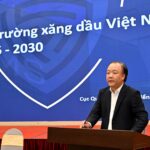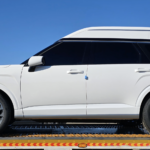Recently, Automotive News published an article about the concerns of the American car industry regarding affordable electric cars from China. According to the article, Ford Motor sees Chinese electric cars as a “major strategic threat” that will eventually come to the United States.
Accompanying these affordable cars is also an increasing demand for plug-in hybrid electric vehicles (PHEVs), while the growth of electric cars is slower than anticipated. However, it seems that Elon Musk has a different plan.
CHINESE CARS OVERCOMING TARIFF BARRIERS
Marin Gjaja – Director of Operations for Ford’s Model e electric vehicle division – stated: “They [Chinese competitors] are ahead of us with this technology. We look at them and say ‘They will come one way or another, so it’s best to prepare and focus on developing electric cars; otherwise, the company will struggle to survive’.”
In reality, what the director of operations for Ford’s Model e reflects is that mainstream customers are turning away from electric cars due to high prices and insufficient charging infrastructure.
Last week, Ford CEO Jim Farley revealed that the company is in the process of developing an affordable electric car to compete with Chinese competitors, as well as a cheap car that Tesla is also working on.
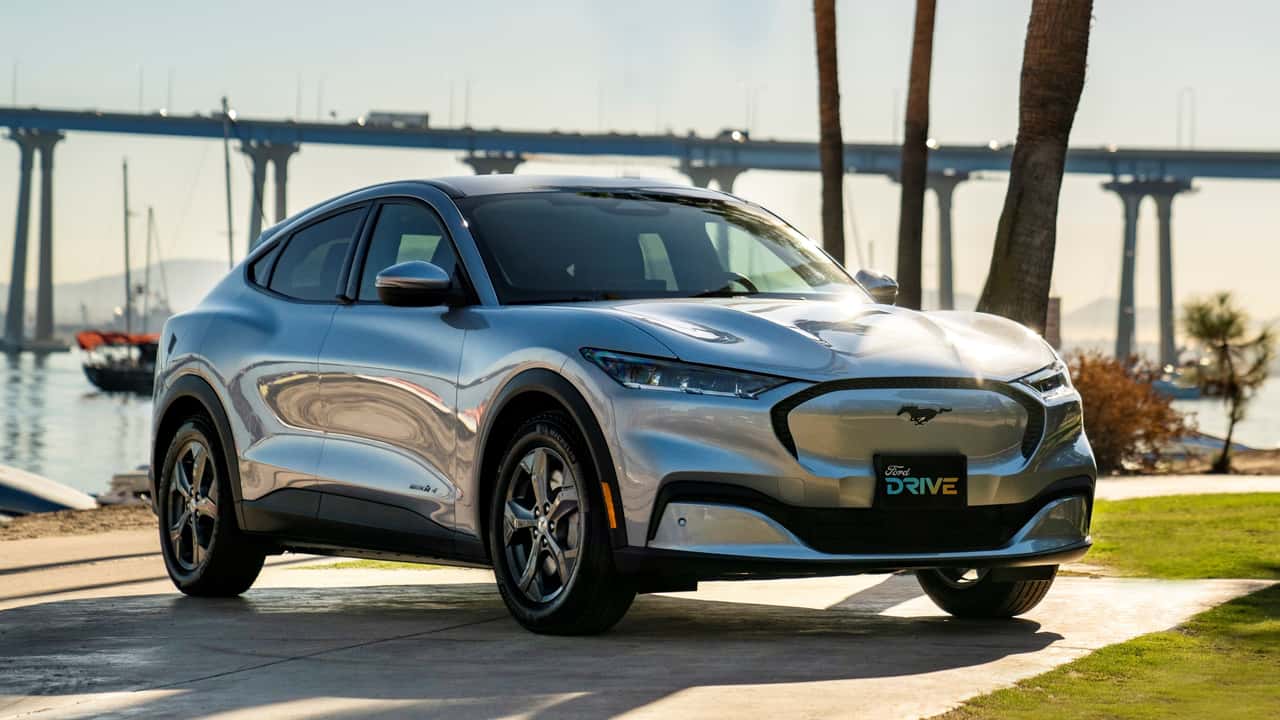
Ford is developing an affordable electric car to compete with Chinese competitors.
In terms of overall electric vehicle sales, Chinese automaker BYD surpassed Tesla in the fourth quarter of 2023 to become the world’s largest electric vehicle manufacturer. Contributing greatly to this achievement is the Seagull model, which is priced at only $11,000 or about 270 million VND.
Marin Gjaja, the Director of Operations for Ford’s Model e division, said Ford has noticed that Chinese automakers are finding ways to avoid the 27.5% tariff barriers set by the United States. Chinese automakers are building factories in Mexico. Ford also provided evidence that BYD has started scouting locations to establish a factory in Mexico.
Gjaja said: “If I were in China and operating a factory, I would look for a location in Mexico because I have all the basic suppliers, low construction costs, low labor costs, [and trade agreements with the US] that would provide me with access to the US market.”
She also commented: “They will definitely come here, just like Japanese, Korean, or German automakers. The US is a lucrative market.”
ELON MUSK’S UNUSUAL MOVE
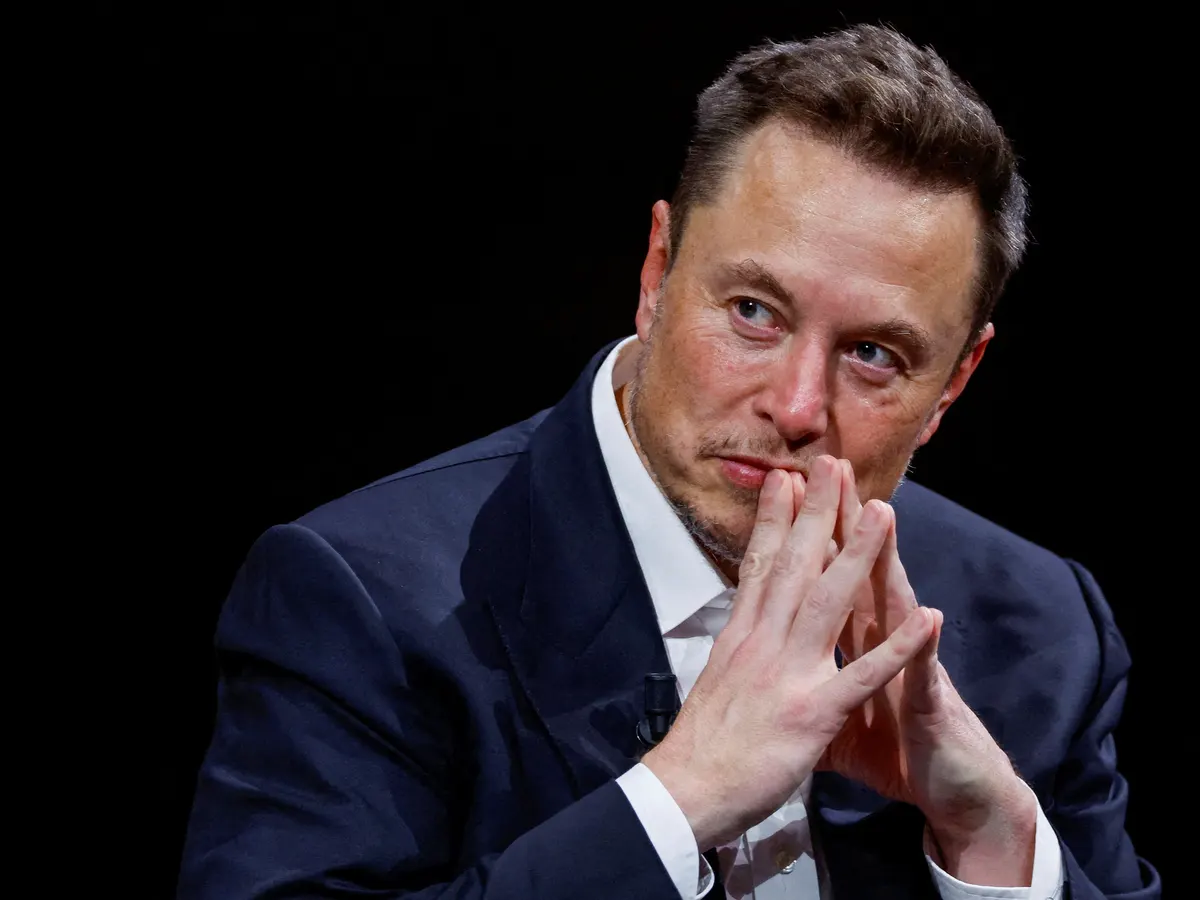
In contrast to Ford’s concerns, Tesla CEO and billionaire Elon Musk seems to be inviting Chinese manufacturers.
An anonymous source told Bloomberg that Elon Musk is inviting suppliers from the other side of the world to Mexico to duplicate the supply chain for Tesla’s Shanghai plant in China. This action is part of the plan to produce cheaper electric cars at the plant in Nuevo Leon, Mexico. Eventually, all activities will support Tesla’s plant in Austin, Texas, USA.
Some reports have shown that the auto parts manufacturing industry grew 15% in value in 2023. Therefore, experts are debating whether US businesses should take advantage of the cost-effective and low-cost advantages of a supply chain involving China.
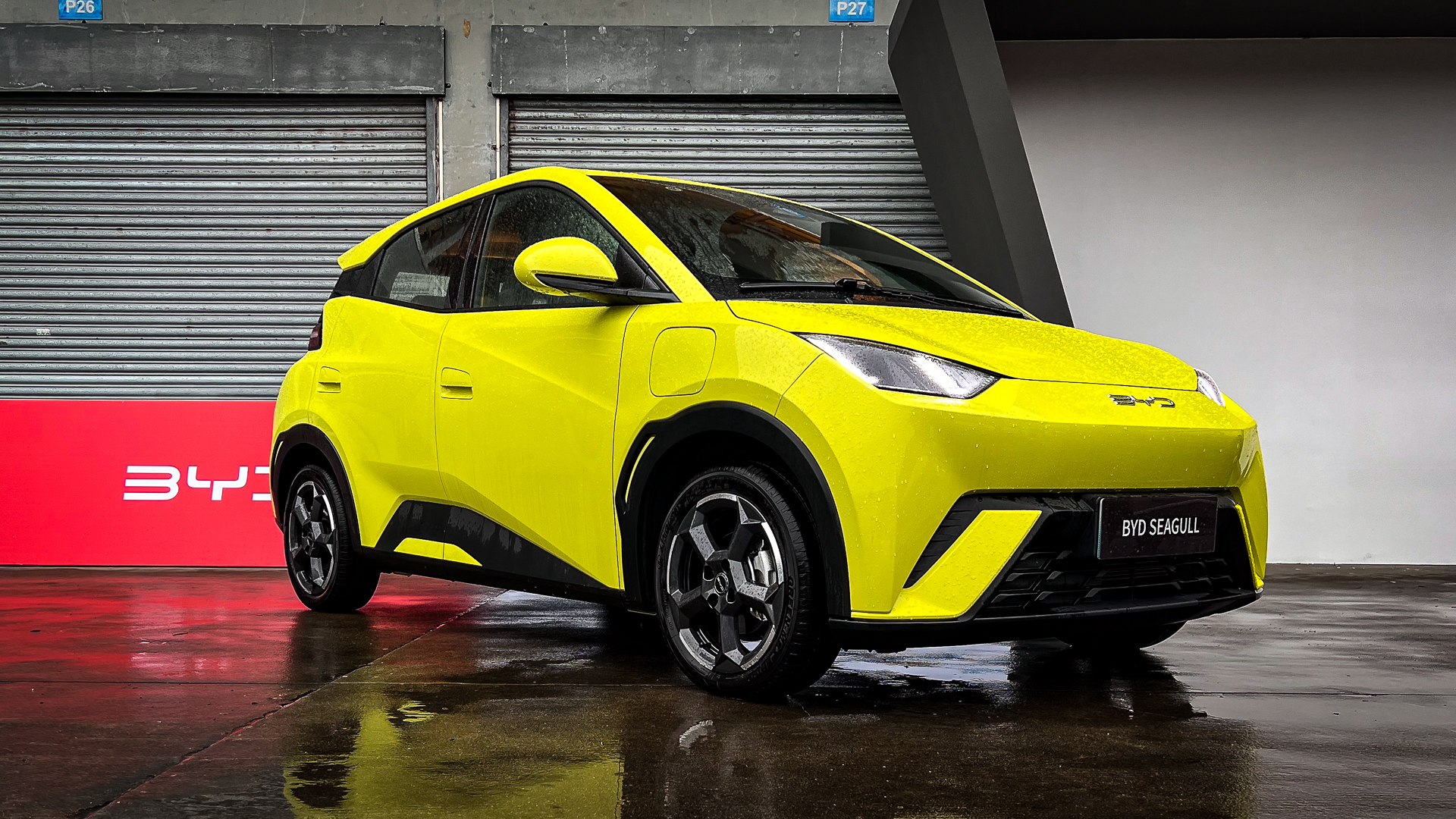
Chinese automaker BYD is reportedly scouting locations to establish a factory in Mexico. Photo: AutoFun Philippines
Currently, the White House is reportedly seeking ways to optimize current tariffs on Chinese-manufactured cars imported into the United States, while trying to limit the amount of information that Chinese devices collect.
One of the ways the US is circumventing tariffs is by setting up shell companies in Mexico. To counter this, US Treasury Secretary Janet Yellen has come to Mexico to reach an agreement to tighten foreign investment policies.
While many economists believe that the US should not completely shut down trade with China, the Canadian Association of Auto Component Manufacturers is concerned that opportunities for investment by North American companies could be taken by Chinese suppliers.




